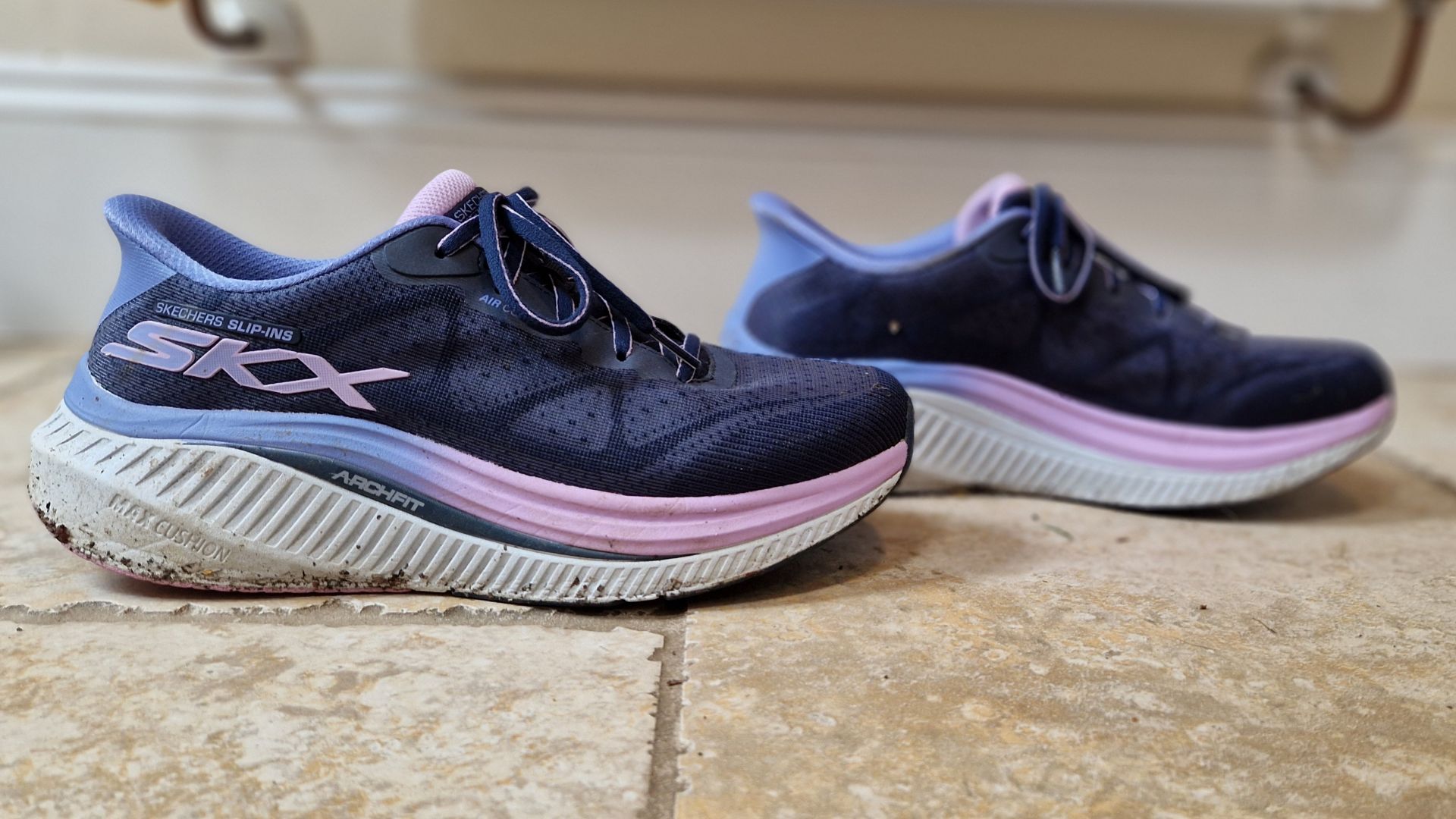Intermittent fasting's weight loss downside revealed by scientific study
A new study says fasting is 'no magic bullet' - and can actually strip away vital muscle mass


Fasting diets have risen in popularity in recent years, and you're no doubt familiar with the idea.
Also known as intermittent fasting, the approach takes a few different forms. One of the most popular is the 5:2 diet, where you severely restrict your calorie intake for two days of the week. Meanwhile, the 16:8 diet is based on time: you fast for 16 hours a day and you're allowed to eat during the subsequent eight hours.
Fasting is a method that has been employed by people across the world, often in a bid to lose weight quickly. However, a new study claims that there is 'nothing special' about fasting when you restrict your calories on intermittent days (as is the case in the 5:2 diet), adding that they are 'no magic bullet' when it comes to weight loss.
The research, which was completed on three different sets of dieters, found that those on a more traditional diet (where daily calorie intake is reduced over a consistent period of time) lost more body fat than those who fasted, while - crucially - those who fasted also saw a loss in muscle mass.
Led by researchers at the University of Bath's Centre for Nutrition, Exercise & Metabolism (CNEM), the study participating dieters divided into three groups. The first group fasted on alternative days, with the next day eating 50 per cent more than the previous. The second group cut their calories every day by 25 per cent, while the third also fasted on alternate days, but followed them by eating 100 per cent more than usual.

- Looking for cut-price kitchen wear? Check out the best Prime Day fitness deals!
After three weeks of dieting the non-fasters lost the most weight - around 1.6kg collectively. Body scans also revealed that this weight loss was specifically due to loss of body fat.
Meanwhile, the intermittent fasters lost a similar amount of weight - but it wasn't just down to body fat. Body scans again showed that half of their weight loss was from lost body fat, but that they'd also lost vital muscle mass.
Get the Fit&Well Newsletter
Start your week with achievable workout ideas, health tips and wellbeing advice in your inbox.
Muscle mass is important to all of us - in order to survive, but it's also important when it comes to fitness and weight loss. The more muscles you have the faster you can burn calories.
The final group of intermittent fasters, who had increased their food intake by 100 per cent on non-diet days, lost very little weight including no body fat.
Professor James Betts, Director of the Centre for Nutrition, Exercise & Metabolism at the University of Bath said of the research: "Many people believe that diets based on fasting are especially effective for weight loss or that these diets have particular metabolic health benefits even if you don't lose weight.
"But intermittent fasting is no magic bullet and the findings of our experiment suggest that there is nothing special about fasting when compared with more traditional, standard diets people might follow.
"Most significantly, if you are following a fasting diet it is worth thinking about whether prolonged fasting periods is actually making it harder to maintain muscle mass and physical activity levels, which are known to be very important factors for long-term health."
With this conclusion in mind, those looking to lose weight might be better off considering following other methods, such as taking steps to eat healthily or following a diet that incorporates protein powders for weight loss.
Sarah is a freelance journalist who writes about fitness and wellbeing for the BBC, Woman&Home and Tech Radar. During lockdown she found her love of running outside again and now attempts to run around 50 miles a month. When it comes to other fitness, she loves a sweaty cardio session – although since she’s been working out from home she’s sure her downstairs neighbors aren’t too happy about it. She also loves to challenge herself - and has signed up to do hiking holidays, intense bootcamps and last year she went on her dream activity holiday: paddle boarding around deserted islands in Croatia. On her rest days, she loves to recover with a simple yoga flow session – the perfect antidote to her active fitness schedule.
-
 I have bunions, but I can't feel them with these affordable Skechers walking shoes—now 22% off at Zappos
I have bunions, but I can't feel them with these affordable Skechers walking shoes—now 22% off at ZapposDeal A generous toe box makes the Skechers Max Cushioning Arch Fit Areena perfect for wide feet
By Lou Mudge
-
 Can't do a sit-up? A trainer says you should do these chair-based core exercises instead
Can't do a sit-up? A trainer says you should do these chair-based core exercises insteadNo sit-ups or planks
By Jennifer Rizzuto